Keywords: Indigenous Voice To Parliament
-
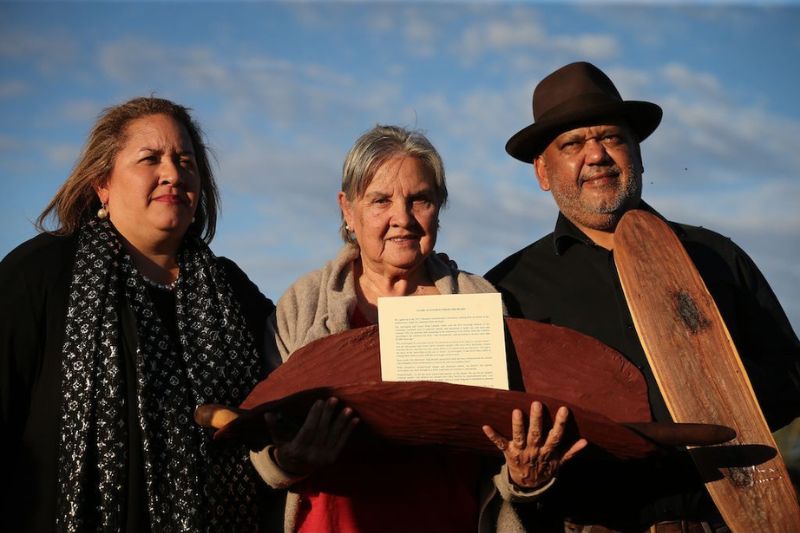
AUSTRALIA
- Frank Brennan
- 07 February 2024
12 Comments
The referendum result was a disaster for the country and a tragedy for First Australians and there has been little appetite for public discussion about lessons to be learnt from this abject failure. If we are to move forward, it’s time to begin the conversation about past mistakes.
READ MORE
-
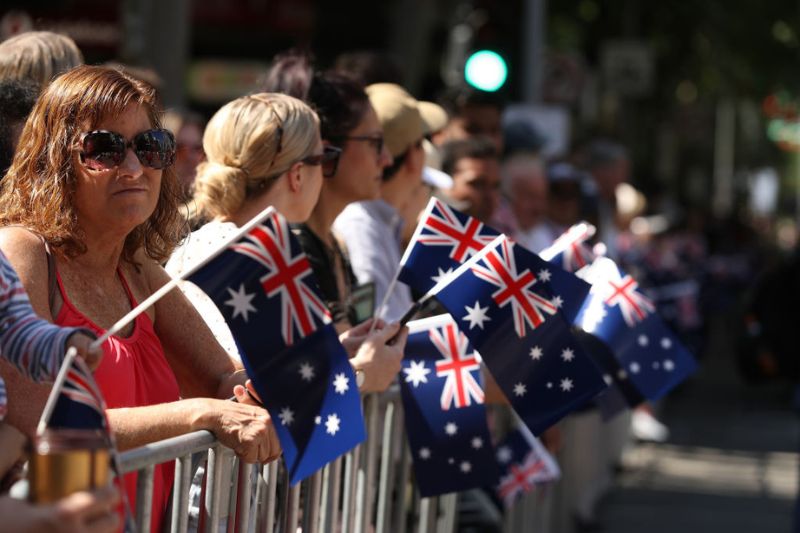
AUSTRALIA
- Andrew Hamilton
- 25 January 2024
7 Comments
For a national day of celebration, Australia Day has had a varied, higgledy-piggledy and divisive history. In this, it echoes Australia itself and so provides a useful lens for reflecting on our national life.
READ MORE
-
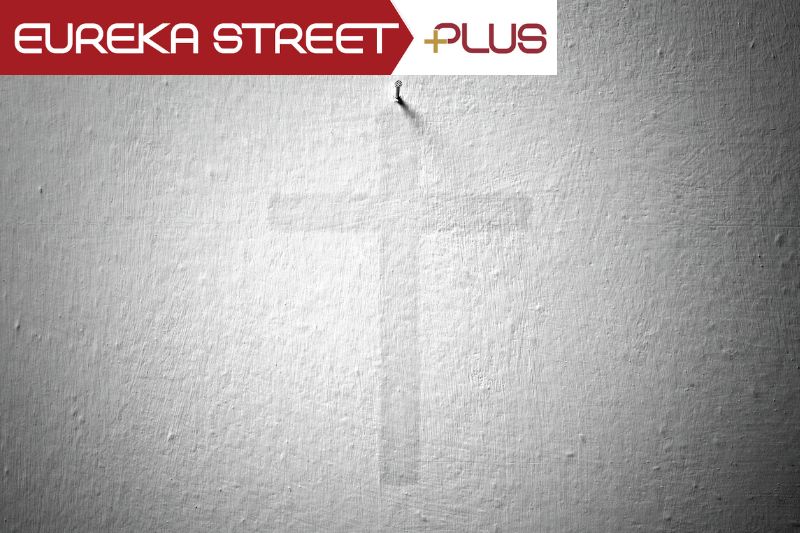
AUSTRALIA
- Michael Jensen
- 19 January 2024
4 Comments
In contrast to the United States, we in Australia ‘don’t do God’, and we rarely acknowledge the religious dimension of our national identity. In an age of declining adherence to the Christian faith, has Australia found a new civil religion? And will it serve us well?
READ MORE 
-
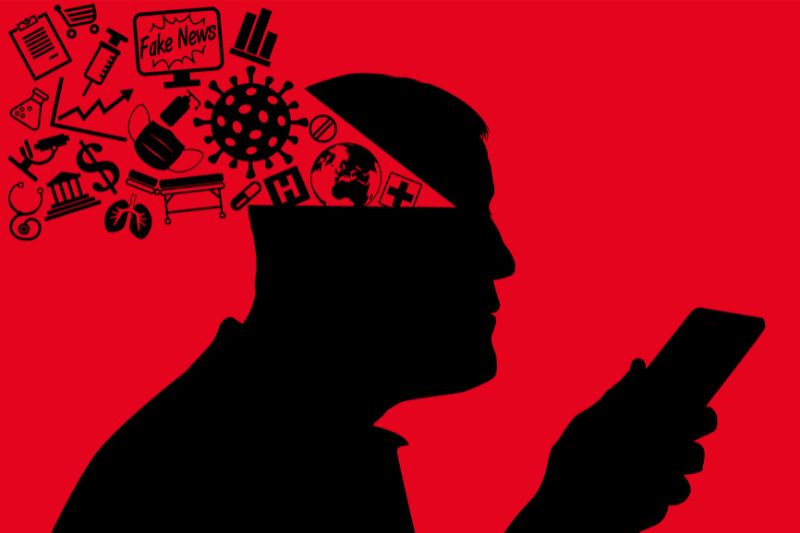
AUSTRALIA
- Frank Brennan
- 11 January 2024
As the government drafts legislation to stem the rising tide of misinformation circulating online, the nation debates: will these measures sufficiently regulate online content and curb potential harms or threaten freedom of expression? This moment is a critical test for the integrity of Australia's public discourse.
READ MORE
-
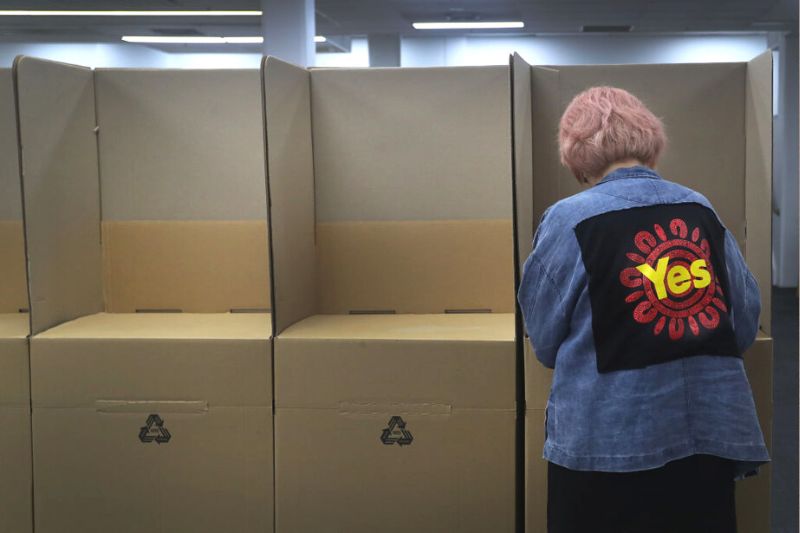
AUSTRALIA
- Joel Hodge
- 04 January 2024
The Australian Indigenous Voice referendum has been rejected, as anticipated by many, with the meaning and consequences now up for debate. This debate may be as crucial as the referendum debate itself to determining the future of reconciliation and what it means to be Australian in the 21st century.
READ MORE
-
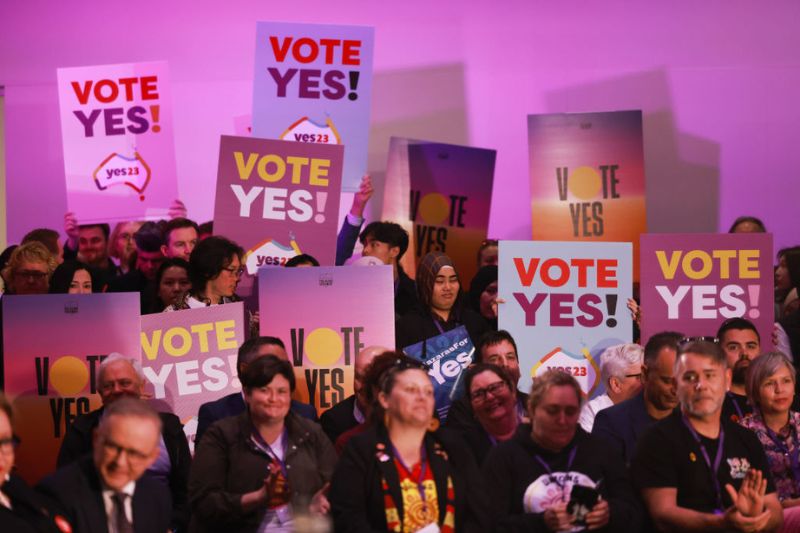
AUSTRALIA
- Frank Brennan
- 04 January 2024
As Australia approaches a pivotal referendum, voters face a critical choice: endorse a new chapter in the Constitution providing a 'First Nations Voice' or leave it untouched. Whichever way the vote goes, we will be left with a Constitution not fit for purpose in the 21st century.
READ MORE
-
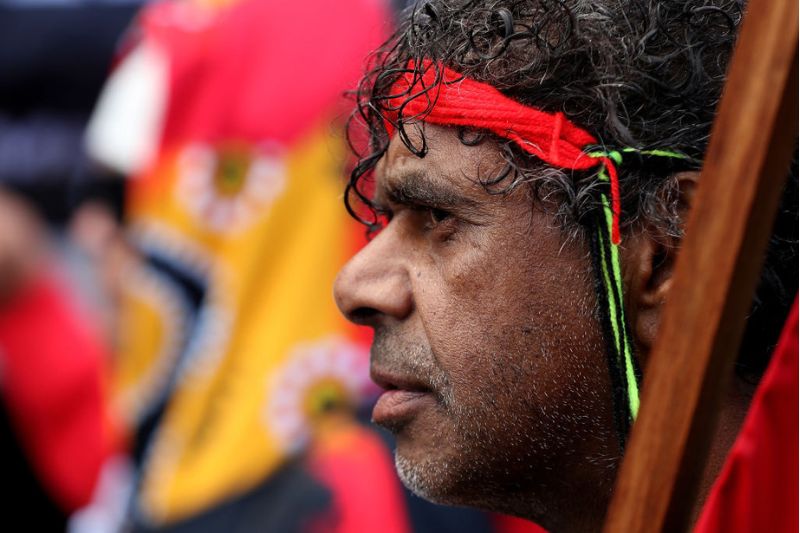
AUSTRALIA
- Celeste Liddle
- 04 January 2024
Later this year, Australians will vote on a referendum to enshrine an Indigenous Voice to Parliament, but many Indigenous Australians remain undecided, reflecting the complexities of the issue. The debate over the Voice to Parliament extends beyond the referendum question to encompass broader concerns about the constitution, treaties, and achieving true equality.
READ MORE
-
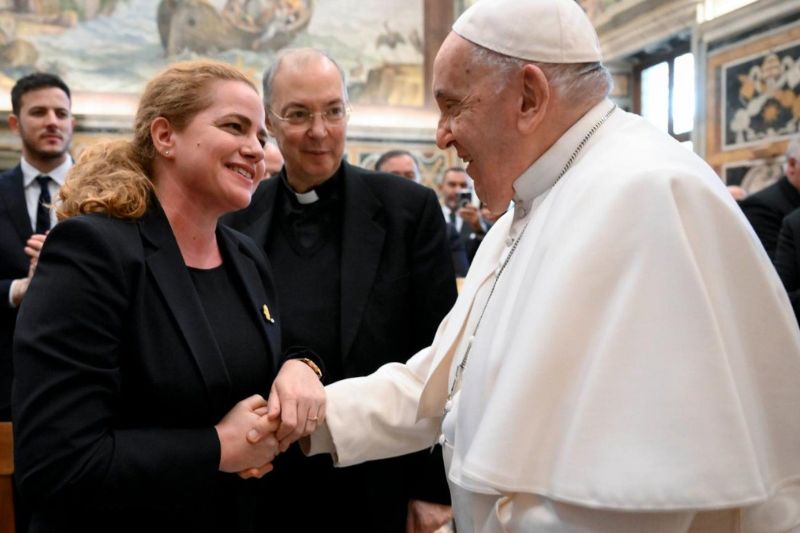
AUSTRALIA
- David Halliday, Michael McVeigh, Laura Kings, Michele Frankeni, Andrew Hamilton, Julian Butler
- 21 December 2023
10 Comments
To close the year for Eureka Street, the editorial team wanted to nominate who we considered to be the Eureka Street ‘person of the year’ based on this year's newsmakers.
READ MORE
-

AUSTRALIA
- Frank Brennan
- 09 November 2023
4 Comments
As the government drafts legislation to stem the rising tide of misinformation circulating online, the nation debates: will these measures sufficiently regulate online content and curb potential harms or threaten freedom of expression? This moment is a critical test for the integrity of Australia's public discourse.
READ MORE
-
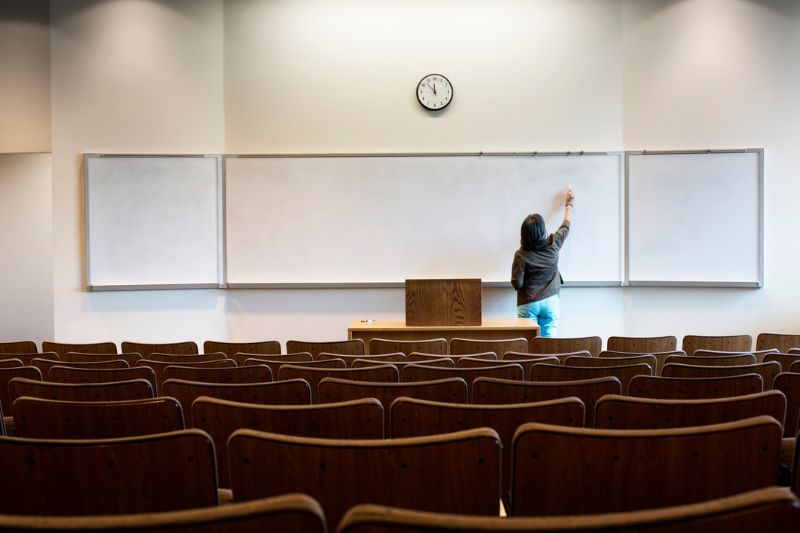
EDUCATION
- Helena Kadmos
- 26 October 2023
2 Comments
In the wake of the referendum, how can a curriculum be used to foster a sense of reflection, understanding, and dialogue among young minds? As classrooms become the backdrop for conversations around Indigenous voices, democracy, and social change, what does it mean to truly listen?
READ MORE
-
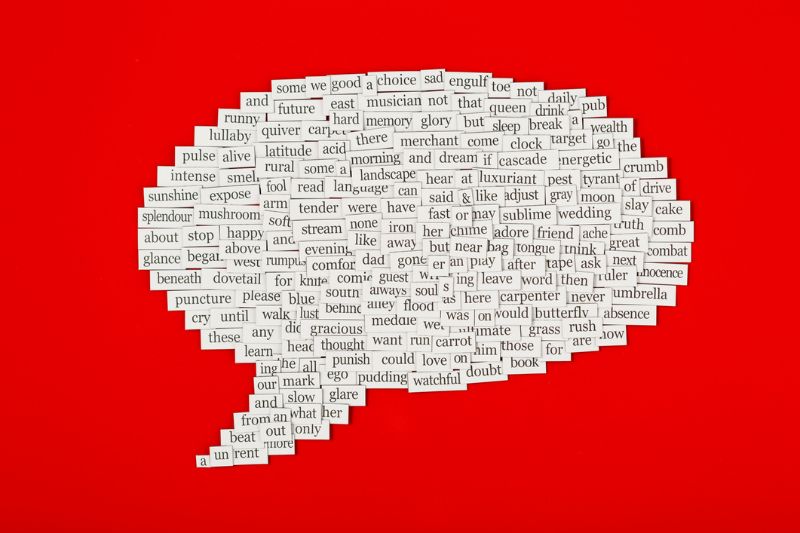
AUSTRALIA
- Gillian Bouras
- 25 October 2023
11 Comments
In a world where every politician has something to say, only a select few wield their words well. As we grapple with the failure of the recent Voice referendum, it's worth drawing from these leaders and questioning what truly guides political decisions - morality or self-interest?
READ MORE
-

AUSTRALIA
- Joel Hodge
- 19 October 2023
44 Comments
The Australian Indigenous Voice referendum has been rejected, as anticipated by many, with the meaning and consequences now up for debate. This debate may be as crucial as the referendum debate itself to determining the future of reconciliation and what it means to be Australian in the 21st century.
READ MORE